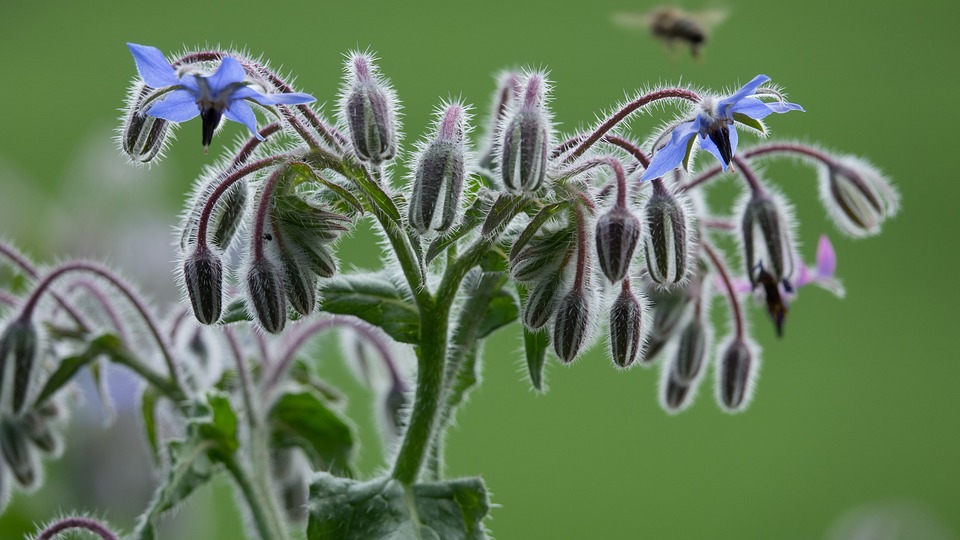Introduction
Embarking on the journey of growing your own food can be both rewarding and satisfying.
Not only does it provide you with fresh and organic produce, but it also allows you to reconnect with nature and nurture your green thumb.
If you’re ready to start your edible garden but feel overwhelmed by the process, worry not!
In this article, we will provide you with beginner-friendly tips and tricks to help you get started.
Choosing the Right Location
The first step in setting up your edible garden is to choose the right location.
Most edible plants require at least six hours of sunlight each day, so look for an area that offers ample sunshine.
Additionally, make sure the location has access to water and is easily accessible for maintenance.
Preparing the Soil
Once you’ve chosen the perfect spot, it’s time to prepare the soil.
Start by removing any weeds or grass from the area.
Loosen the soil using a garden fork or tiller, and amend it with organic matter such as compost or well-rotted manure.
This will provide the necessary nutrients and improve the soil structure, promoting healthy plant growth.
Choosing the Right Plants
When selecting plants for your edible garden, opt for beginner-friendly varieties that are known to thrive in your climate and soil conditions.
Herbs like basil, thyme, and parsley are great choices for beginners, as they are relatively low maintenance.
Leafy greens such as lettuce, spinach, and kale also fare well in edible gardens.
Additionally, consider planting some easy-to-grow vegetables like tomatoes, peppers, and cucumbers.
Watering and Maintenance
Proper watering is crucial for the success of your edible garden.
Most plants prefer consistent moisture, so make sure to water them regularly.
Monitor the moisture levels in the soil and adjust your watering schedule accordingly.
Mulching around your plants can help retain moisture and suppress weed growth.
Additionally, keep an eye out for pests and diseases, and take prompt action to prevent any potential damage.
Harvesting and Enjoying
As your plants grow, it’s important to harvest them at the right time to ensure optimal flavor and quality.
Different plants have different harvesting requirements, so follow the guidelines provided for each plant.
Don’t be afraid to experiment with different recipes and enjoy the fruits of your labor.
Sharing your homegrown produce with family and friends is a great way to spread the joy of gardening.
FAQs
Q: How much space do I need for an edible garden?
A: The space required for an edible garden will depend on the number and types of plants you wish to grow.
However, even a small balcony or a windowsill can be utilized to grow herbs and compact vegetables in containers.
Q: Can I start an edible garden if I don’t have any gardening experience?
A: Absolutely!
Starting an edible garden is a wonderful opportunity to learn and develop your gardening skills.
Start small with a few easy-to-grow plants and gradually expand your garden as you gain experience and confidence.
Q: What if I don’t have access to a garden or outdoor space?
A: Lack of an outdoor space doesn’t have to deter you from starting an edible garden.
You can grow herbs, salad greens, and some vegetables indoors using containers and grow lights.
Choose a well-lit area, and make sure to provide the plants with proper care and attention as you would in an outdoor garden.
Q: How can I protect my plants from pests and diseases?
A: There are several natural methods you can employ to protect your plants.
Encourage beneficial insects such as ladybugs and lacewings, as they feed on common garden pests.
Regularly inspect your plants for signs of pests or diseases, and take appropriate action such as using organic pest control products or removing the affected plants if necessary.
Q: Can I use store-bought soil instead of preparing my own?
A: While store-bought soil can be convenient, it’s always beneficial to prepare your own soil mix.
Preparing your own soil allows you to customize it to suit the needs of your plants and ensures the use of quality organic matter.
However, if you choose to use store-bought soil, make sure it is suitable for edible gardening and free from harmful chemicals.




